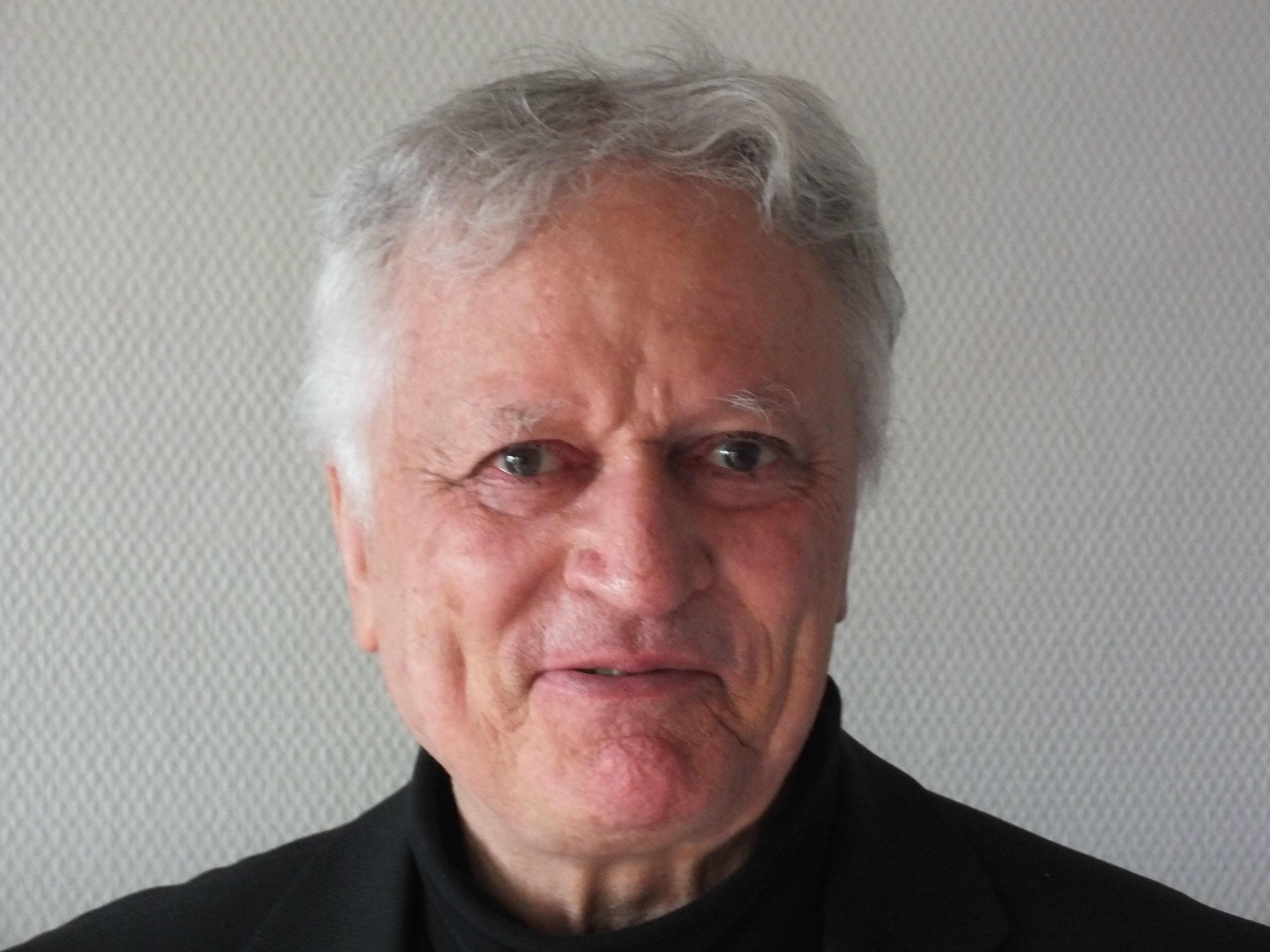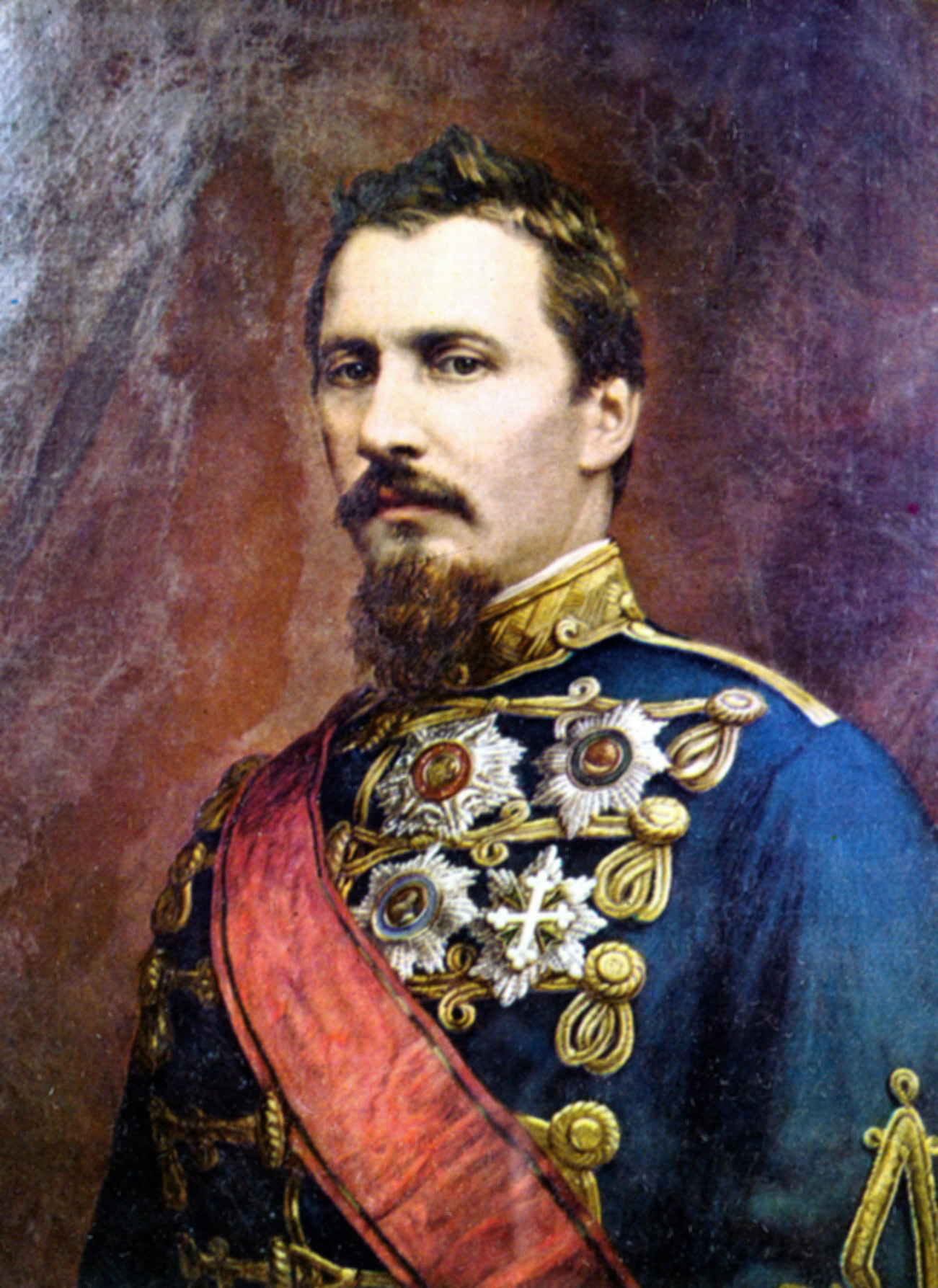|
Manfred Osten
Manfred Osten (born 19 January 1938 in Ludwigslust) is a German poet, author, lawyer, former diplomat and cultural historian. Biography He was born in Ludwigslust in the region of Mecklenburg, which became part of the German Democratic Republic after World War II. He escaped to the Federal Republic of Germany in 1952. In 1969, he earned a doctorate upon the completion of a thesis concerning the concept of natural law in the early writings of Schelling. He then joined the diplomatic service of the Federal Republic of Germany. His career as a diplomat included postings in France, Cameroon, Chad, Australia, Japan, and Hungary. From 1995 to 2004 he was the Secretary-General of the Alexander von Humboldt Foundation. He is an honorary Doctor of the Bulgarian Academy of Sciences, the University of Pécs, the University of Bucharest, and the Alexandru Ioan Cuza University of Iași. In 1993 he received the Order of the Rising Sun from the Japanese government. He is in addition a member of ... [...More Info...] [...Related Items...] OR: [Wikipedia] [Google] [Baidu] |
Ludwigslust
Ludwigslust () is a central castle town of Mecklenburg-Vorpommern, Germany, 40 km south of Schwerin. Since 2011 it has been part of the Ludwigslust-Parchim district. Ludwigslust is part of the Hamburg Metropolitan Region. The former royal residential town is known for its rich heritage, especially the famed Ludwigslust Palace, known as ''Versailles of the North''. History In 1724 Prince Ludwig, the son of Frederick, Duke of Mecklenburg, decided to build a hunting lodge near a small hamlet called Klenow. Later, after his succession to the Dukedom, this became his favourite residence and he named it accordingly ''Ludwigslust'' ("Ludwig's pleasure/desire"). In 1765 Ludwigslust became the capital of the duchy in place of Schwerin. The town was enlarged by a residential palace (the castle). This situation continued until 1837, when Grand Duke Paul Friedrich returned the capital status to Schwerin. The Wöbbelin concentration camp—sometimes referred to as ''Ludwigslust ... [...More Info...] [...Related Items...] OR: [Wikipedia] [Google] [Baidu] |
Order Of The Rising Sun
The is a Japanese honors system, Japanese order, established in 1875 by Emperor Meiji. The Order was the first national decoration awarded by the Japanese government, created on 10 April 1875 by decree of the Council of State. The badge features rays of sunlight from the rising sun. The design of the Rising Sun symbolizes energy as powerful as the rising sun in parallel with the "rising sun" concept of Japan ("Land of the Rising Sun"). The Order of the Rising Sun is awarded to people who have rendered distinguished service to the state in #Criteria for awarding, various fields except military service. Since there is no order for military achievements under the current Japanese system, Japan Self-Defense Forces personnel are awarded the Order of the Sacred Treasure for their long engagement in public service. Prior to the end of World War II, it was also awarded for exemplary military service. In 2003, the 7th and 8th Class, which were at the bottom of the Order of the Rising ... [...More Info...] [...Related Items...] OR: [Wikipedia] [Google] [Baidu] |
Academic Staff Of Peking University
An academy (Attic Greek: Ἀκαδήμεια; Koine Greek Ἀκαδημία) is an institution of tertiary education. The name traces back to Plato's school of philosophy, founded approximately 386 BC at Akademia, a sanctuary of Athena, the goddess of wisdom and Skills, skill, north of Ancient Athens, Athens, Greece. The Royal Spanish Academy defines academy as scientific, literary or artistic society established with public authority and as a teaching establishment, public or private, of a professional, artistic, technical or simply practical nature. Etymology The word comes from the ''Academy'' in ancient Greece, which derives from the Athenian hero, ''Akademos''. Outside the city walls of Athens, the Gymnasium (ancient Greece), gymnasium was made famous by Plato as a center of learning. The sacred space, dedicated to the goddess of wisdom, Athena, had formerly been an olive Grove (nature), grove, hence the expression "the groves of Academe". In these gardens, the philos ... [...More Info...] [...Related Items...] OR: [Wikipedia] [Google] [Baidu] |
German Male Poets
German(s) may refer to: * Germany, the country of the Germans and German things **Germania (Roman era) * Germans, citizens of Germany, people of German ancestry, or native speakers of the German language ** For citizenship in Germany, see also German nationality law **Germanic peoples (Roman era) * German diaspora * German language * German cuisine, traditional foods of Germany People * German (given name) * German (surname) * Germán, a Spanish name Places * German (parish), Isle of Man * German, Albania, or Gërmej * German, Bulgaria * German, Iran * German, North Macedonia * German, New York, U.S. * Agios Germanos, Greece Other uses * German (mythology), a South Slavic mythological being * Germans (band), a Canadian rock band * "German" (song), a 2019 song by No Money Enterprise * ''The German'', a 2008 short film * "The Germans", an episode of ''Fawlty Towers'' * ''The German'', a nickname for Congolese rebel André Kisase Ngandu See also * Germanic (disa ... [...More Info...] [...Related Items...] OR: [Wikipedia] [Google] [Baidu] |
People From Ludwigslust
The term "the people" refers to the public or common mass of people of a polity. As such it is a concept of human rights law, international law as well as constitutional law, particularly used for claims of popular sovereignty. In contrast, a people is any plurality of persons considered as a whole. Used in politics and law, the term "a people" refers to the collective or community of an ethnic group or nation. Concepts Legal Chapter One, Article One of the Charter of the United Nations states that "peoples" have the right to self-determination. Though the mere status as peoples and the right to self-determination, as for example in the case of Indigenous peoples (''peoples'', as in all groups of indigenous people, not merely all indigenous persons as in ''indigenous people''), does not automatically provide for independent sovereignty and therefore secession. Indeed, judge Ivor Jennings identified the inherent problems in the right of "peoples" to self-determination, as i ... [...More Info...] [...Related Items...] OR: [Wikipedia] [Google] [Baidu] |
Living People
Purpose: Because living persons may suffer personal harm from inappropriate information, we should watch their articles carefully. By adding an article to this category, it marks them with a notice about sources whenever someone tries to edit them, to remind them of WP:BLP (biographies of living persons) policy that these articles must maintain a neutral point of view, maintain factual accuracy, and be properly sourced. Recent changes to these articles are listed on Special:RecentChangesLinked/Living people. Organization: This category should not be sub-categorized. Entries are generally sorted by family name In many societies, a surname, family name, or last name is the mostly hereditary portion of one's personal name that indicates one's family. It is typically combined with a given name to form the full name of a person, although several give .... Maintenance: Individuals of advanced age (over 90), for whom there has been no new documentation in the last ten ... [...More Info...] [...Related Items...] OR: [Wikipedia] [Google] [Baidu] |
1938 Births
Events January * January 1 – state-owned enterprise, State-owned railway networks are created by merger, in France (SNCF) and the Netherlands (Nederlandse Spoorwegen – NS). * January 20 – King Farouk of Egypt marries Safinaz Zulficar, who becomes Farida of Egypt, Queen Farida, in Cairo. * January 27 – The Honeymoon Bridge (Niagara Falls), Honeymoon Bridge at Niagara Falls, New York, collapses as a result of an ice jam. February * February 4 ** Adolf Hitler abolishes the War Ministry and creates the Oberkommando der Wehrmacht (High Command of the Armed Forces), giving him direct control of the German military. In addition, he dismisses political and military leaders considered unsympathetic to his philosophy or policies. General Werner von Fritsch is forced to resign as Commander of Chief of the German Army following accusations of homosexuality, and replaced by General Walther von Brauchitsch. Foreign Minister Baron Konstantin von Neurath is dismi ... [...More Info...] [...Related Items...] OR: [Wikipedia] [Google] [Baidu] |
Order Of Merit Of The Federal Republic Of Germany
The Order of Merit of the Federal Republic of Germany (, or , BVO) is the highest state decoration, federal decoration of the Federal Republic of Germany. It may be awarded for any field of endeavor. It was created by the first List of presidents of Germany#Federal Republic of Germany (1949–present), President of the Federal Republic of Germany, Theodor Heuss, on 7 September 1951. Colloquially, the decorations of the different classes of the Order are also known as the Federal Cross of Merit (). It has been awarded to over 262,000 individuals in total, both Germans and foreigners. Since the 1990s, the number of annual awards has declined from over 4,000, first to around 2,500, then from 2015 to under 1,500, with a low of 918 awards in 2022. Since 2013, women have made up a steady 30–35% of recipients. [...More Info...] [...Related Items...] OR: [Wikipedia] [Google] [Baidu] |
Akademie Der Wissenschaften Und Der Literatur
The Academy of Sciences and Literature () is a scientific academy in Mainz, Germany. It was established in 1949 on an initiative of Alfred Döblin. The academy's goal is to support science and literature, and in doing so to help preserve and promote culture. Members The academy has members in three classes: mathematics and natural sciences, humanities and social sciences, literature and music. Each class has up to 50 full and 50 corresponding members. Notable members have included Niels Bohr, Otto Hahn, Konrad Lorenz, Halldór Laxness, Heinrich Böll, and Jean-Marie Lehn. Awards and Foundations Awards The Academy grants several awards: Academy Prize of Rhineland-Palatinate* ttps://www.adwmainz.de/en/alfred-doeblin-medal.html Alfred Döblin MedalHans Gàl-Prize* Joseph Breitbach Prize Leibniz Medal* Robert Schumann Prize for Poetry and Music The Robert Schumann Prize for Poetry and Music () Mainz is a classical music prize named after Robert Schumann, awarded bien ... [...More Info...] [...Related Items...] OR: [Wikipedia] [Google] [Baidu] |
Alexandru Ioan Cuza University
The Alexandru Ioan Cuza University (; acronym: UAIC) is a public university located in , Romania. Founded by an 1860 decree of Prince Alexandru Ioan Cuza, under whom the former was converted to a university, the University of , as it was named at first, is one of the oldest universities of Romania, and one of its advanced research and education institutions. It is one of the five members of the ''Universitaria Consortium'' (the group of elite Romanian universities). The Alexandru Ioan Cuza University offers study programmes in Romanian, English, and French. In 2008, for the third year in a row, it was placed first in the national research ranking compiled on the basis of Shanghai criteria. The university is a member of some of the most important university networks and associations: the Coimbra Group (CG), Utrecht Network, European University Association (EUA), International Association of Universities (IAU), Agence universitaire de la Francophonie, University Agency of Franco ... [...More Info...] [...Related Items...] OR: [Wikipedia] [Google] [Baidu] |
Mecklenburg
Mecklenburg (; ) is a historical region in northern Germany comprising the western and larger part of the federal-state Mecklenburg-Western Pomerania. The largest cities of the region are Rostock, Schwerin, Neubrandenburg, Wismar and Güstrow. The name Mecklenburg derives from a castle named '' Mikilenburg'' (Old Saxon for "big castle", hence its translation into Neo-Latin and Greek as ), located between the cities of Schwerin and Wismar. In Slavic languages it was known as ''Veligrad'', which also means "big castle". It was the ancestral seat of the House of Mecklenburg; for a time the area was divided into Mecklenburg-Schwerin and Mecklenburg-Strelitz among the same dynasty. Linguistically Mecklenburgers retain and use many features of Low German vocabulary or phonology. The adjective for the region is ''Mecklenburgian'' or ''Mecklenburgish'' (); inhabitants are called Mecklenburgians or Mecklenburgers (). Geography Mecklenburg is known for its mostly flat countryside. M ... [...More Info...] [...Related Items...] OR: [Wikipedia] [Google] [Baidu] |





